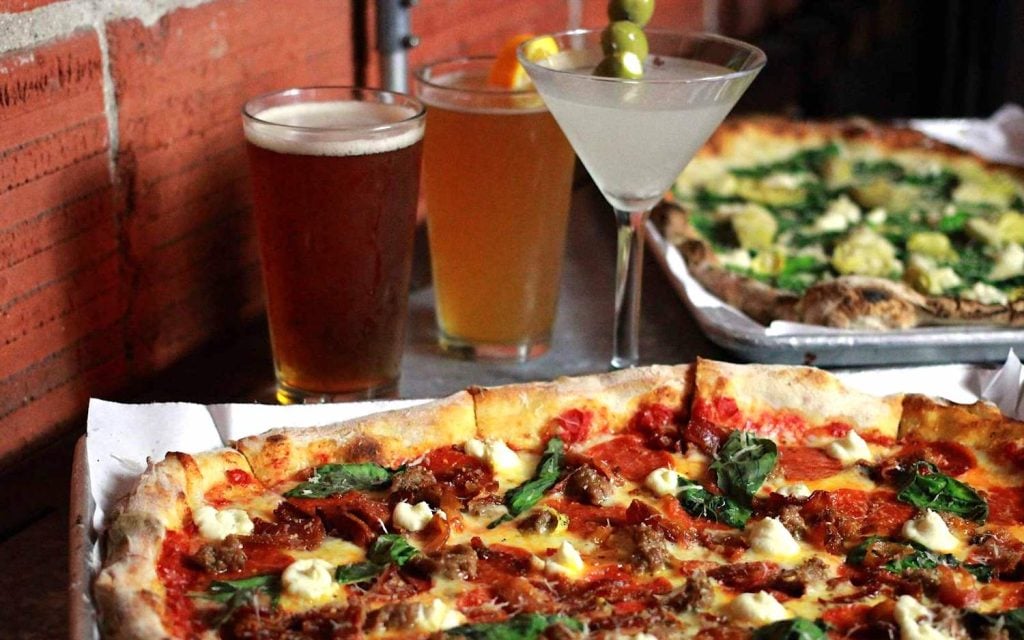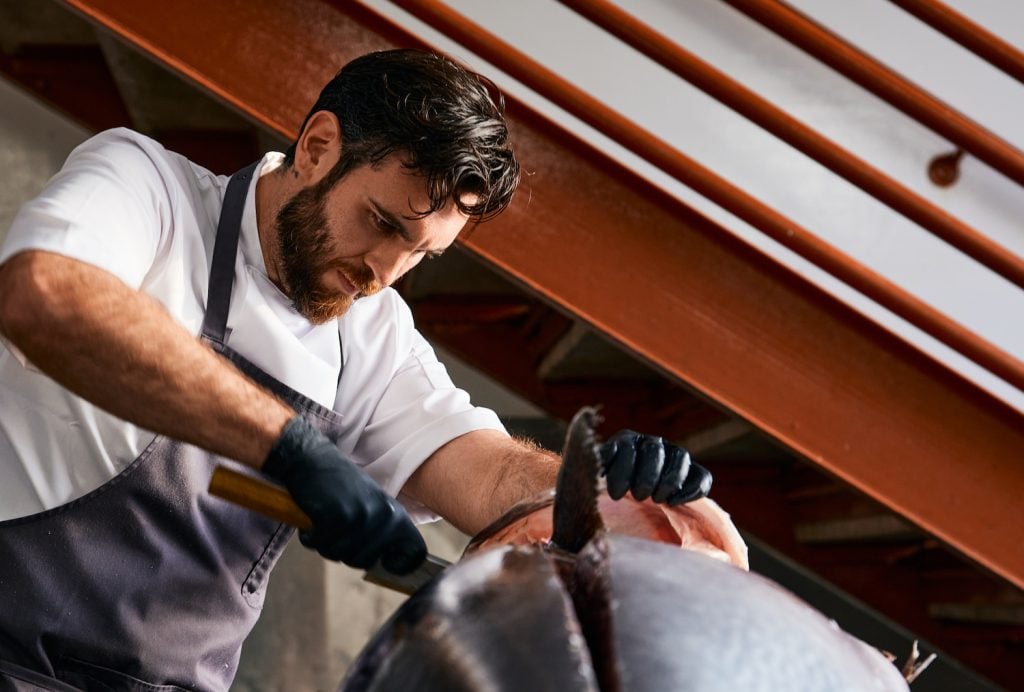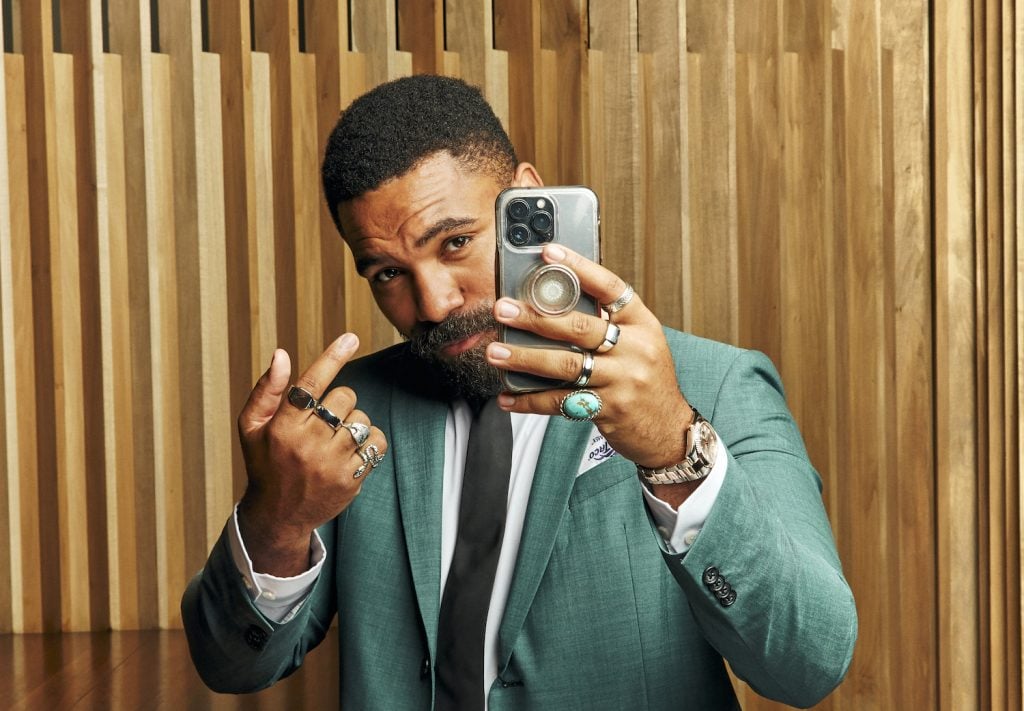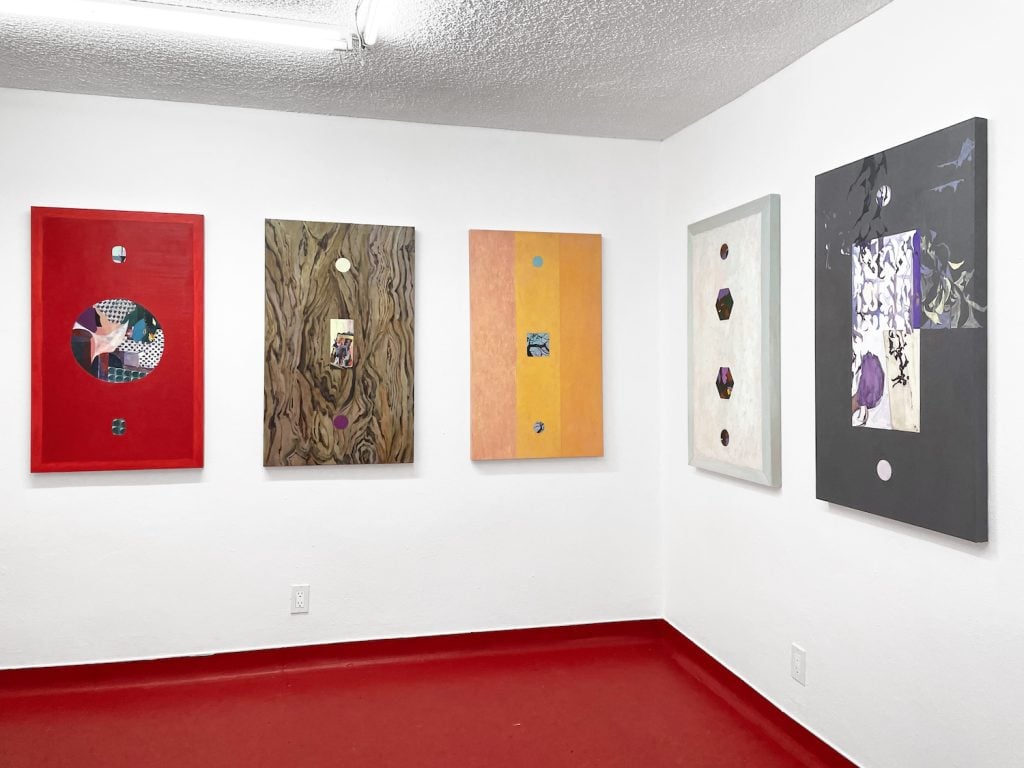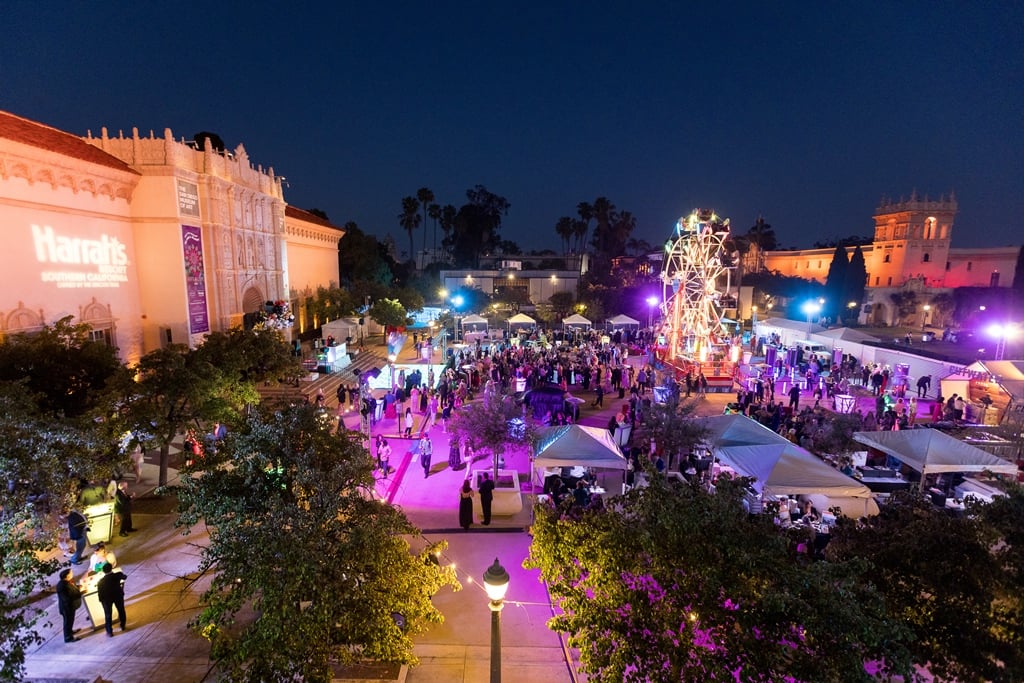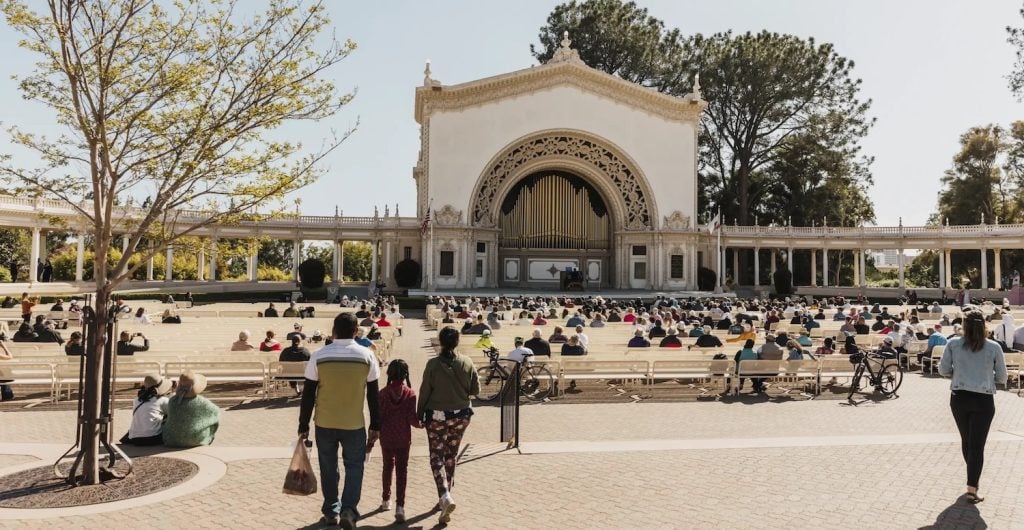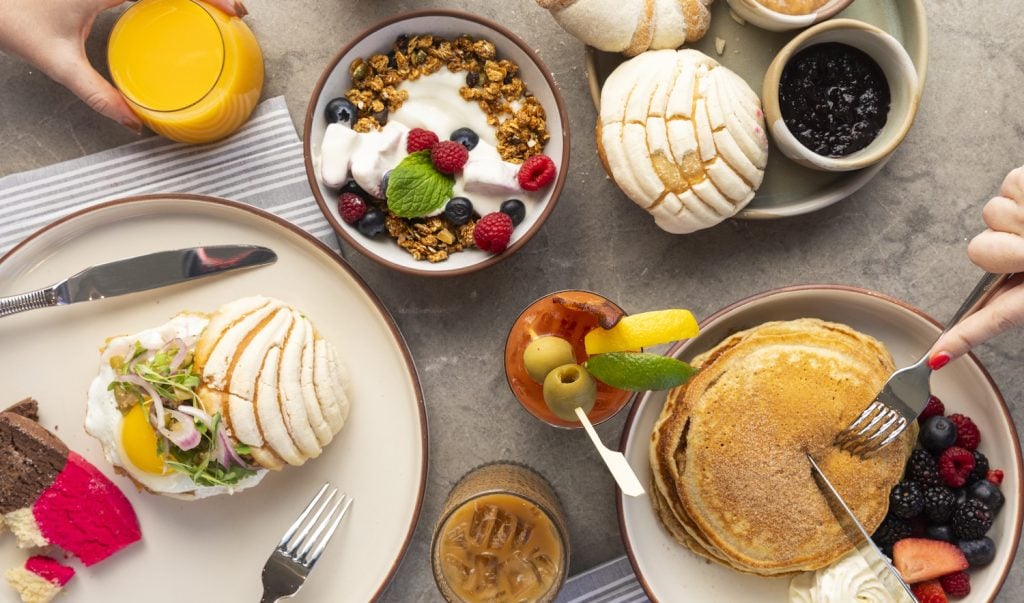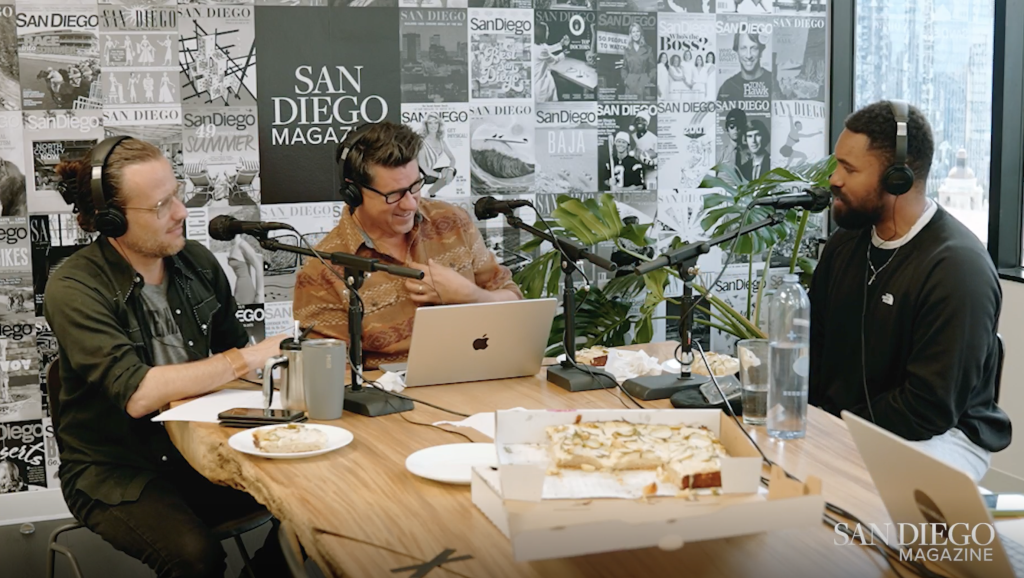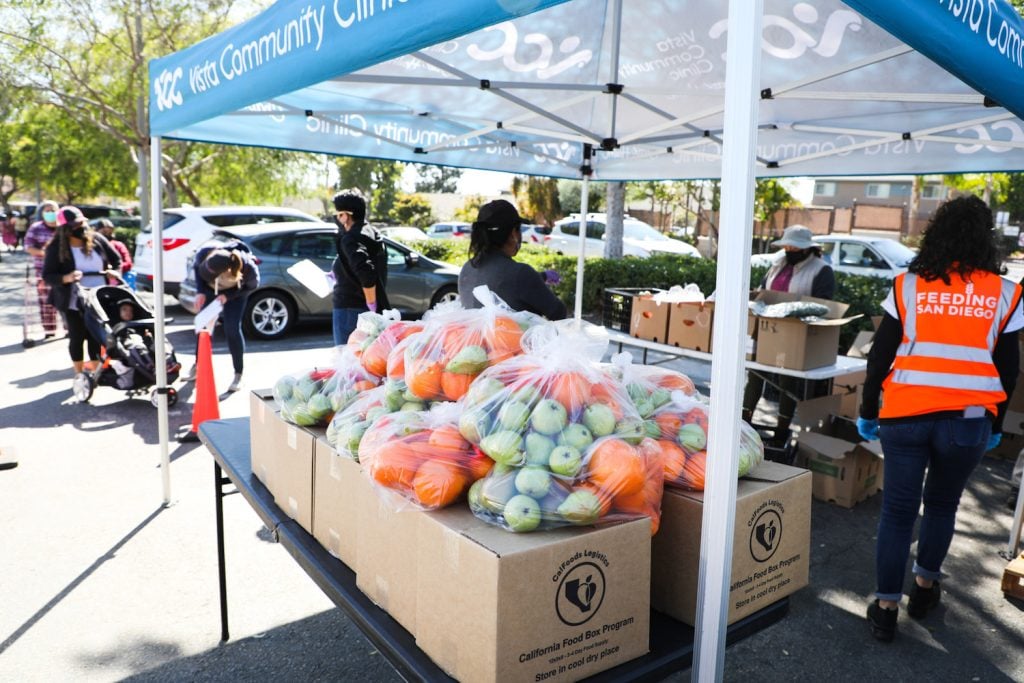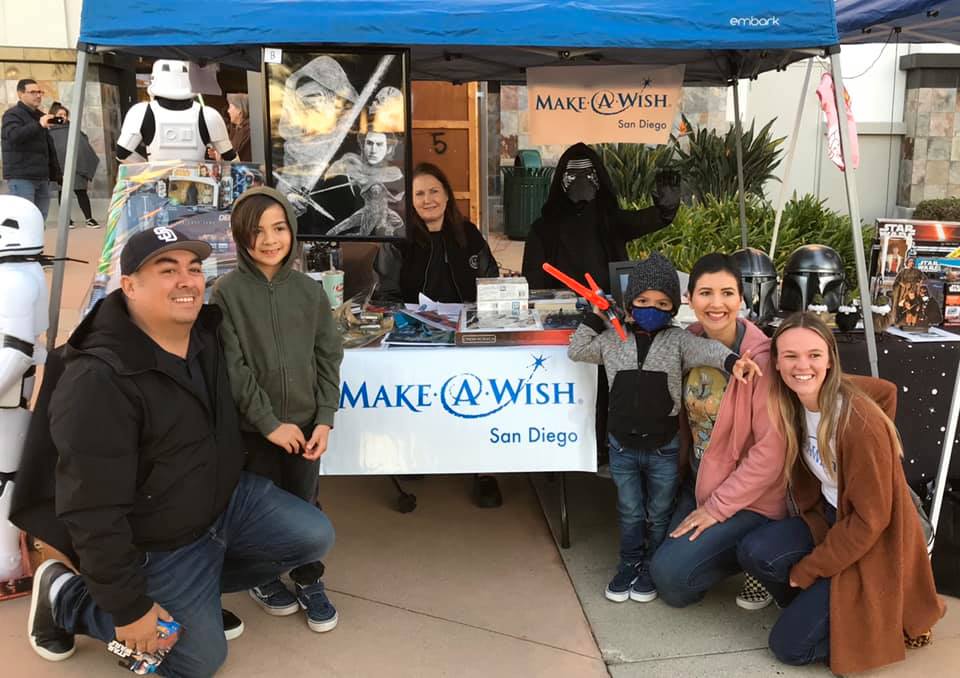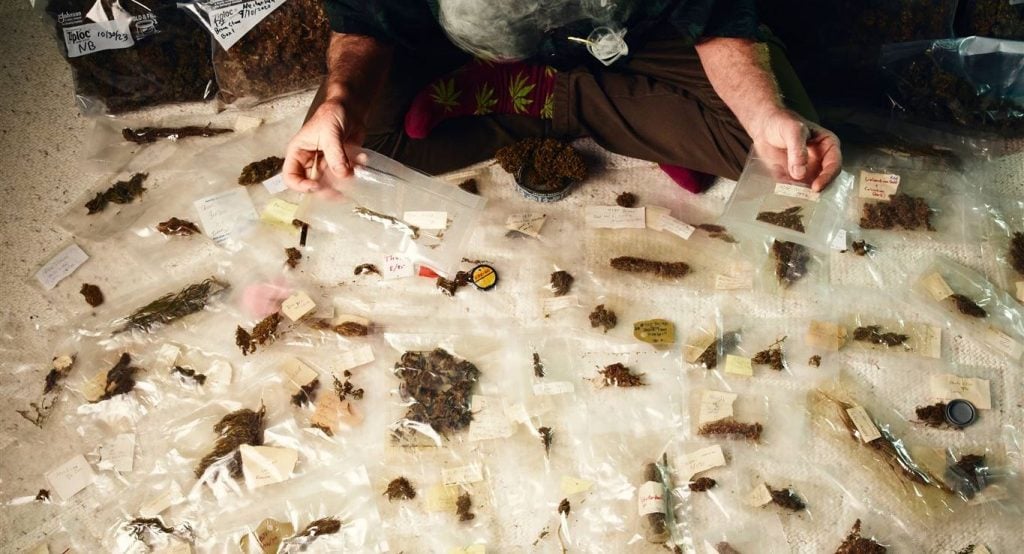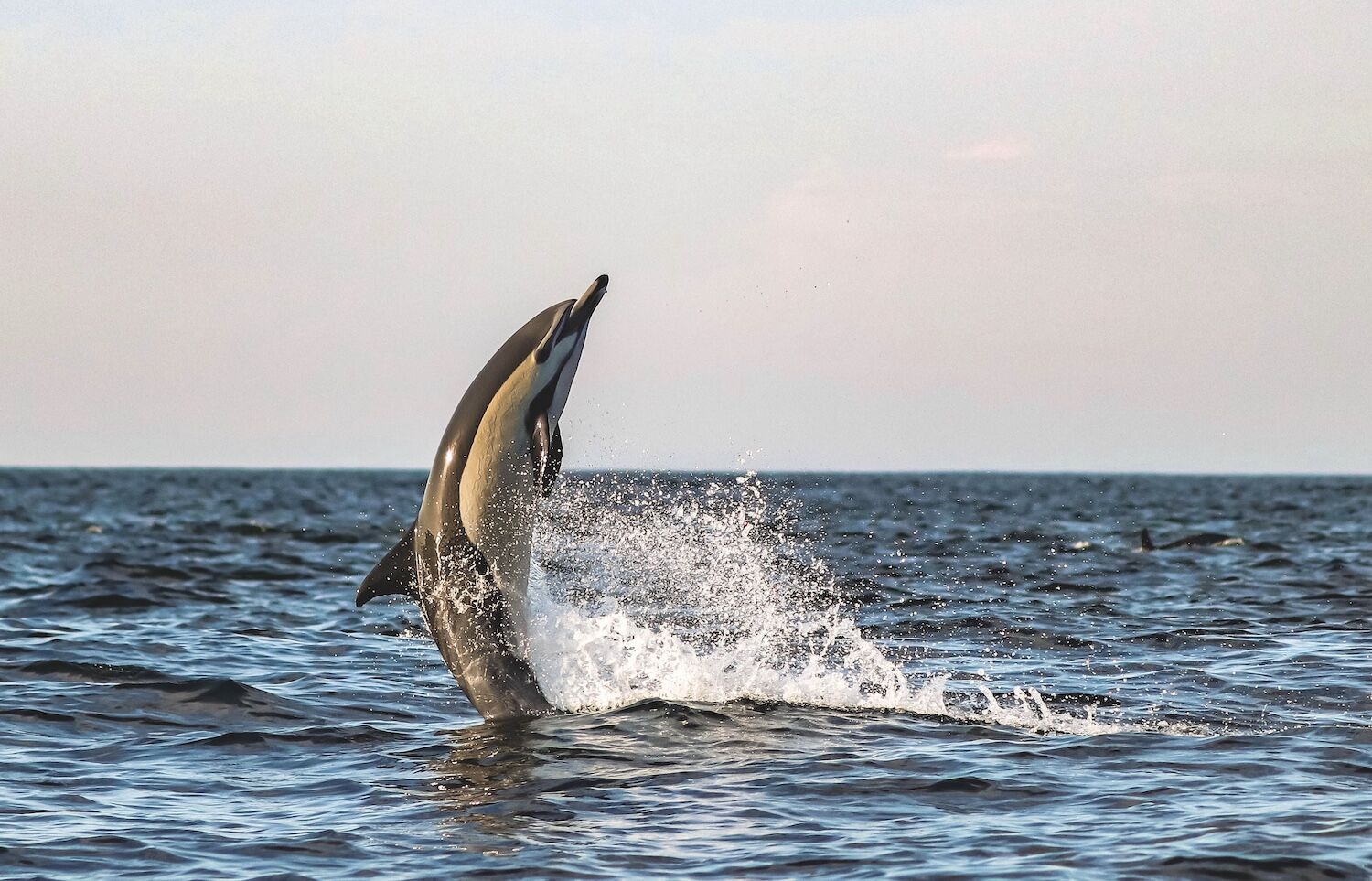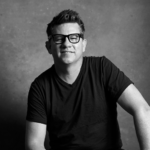
environmental issue, pub note
Domenic Biagini and Gone Whale Watching
I’m old enough to remember people throwing trash out car windows on the 163. My young imagination was pretty wild, but I recall fast food wrappers flying from Datsuns and Camaros in the 1980s, like trans fat-laden cherry blossoms fluttering in the interstate trade winds. It was a tiny fireworks show every time a live cigarette butt was flung into the wild at 55mph, clementine embers bouncing down the highway as if the driver thought wildfires only happened elsewhere and Pall Malls were seeds.
We’ve come a long way, and not nearly far enough. It’s a race we’ll never stop running. Just the speed requirements will vary.
When Claire and I took on San Diego Magazine, we identified our core beliefs. Sustainability is a big one. Growing up in this city, my basal memories are stitched into the beaches and rocks and chaparral. I remember loping days at Mission Beach—a cost-free activity for all, save for the gas and snacks. I also remember the beach closures—a very personal attack as an 8-year-old, and an early introduction to environmental impact. As SoCal kids, we seem to know from birth that water is our precious and dwindling lifeblood. I remember playing in the feral, undeveloped bush and desert of northeast San Diego County. And I remember my parents later cramming into my tiny Golden Hill apartment, fleeing yet another raging fire in that same dusty bush.
Claire and I had to ask: How do we carry on the cultural legacy of a magazine and media company while also contributing meaningfully to a more sustainable future?
The first obligation as media is to join the conversation.
Of course, the word “sustainability” is the polite part of the iceberg, hiding a submerged polarizing mass of creative data interpretations and raging disagreements. We’re not here to start an ideological cage match over the net-positive effect of tote bags. We’re merely entering this discussion from the basic belief that most of us would agree it’s better to have less of a negative impact on the environment.
As urgently necessary as sustainability work feels in our science bones, it’s also an entitled pursuit. It’s easy to sit in one of the most developed countries in the world, enjoying an embarrassment of creature comforts and a lion’s share of global wealth, and suggest “all of us” should reduce our impact. Telling countries that are just emerging, “look, we already did single-use plastic sushi takeout on behalf of the world, we’re gonna need you to forego that phase,” doesn’t land particularly well. And the inequality lands closer to home in our own neighborhoods. Our lower income communities often bear the brunt of environmental degradation, as do people of color.
Much as we try to reduce sustainability to a few tangible markers (plastic straws, composting, regenerative agriculture), it’s a far more complex topic that goes beyond the environment and includes racial bias and socioeconomic inequality. And any real solutions will require coordinated efforts by all segments of society, including government, industry, and individual people, too.
Our goal of this issue of SDM isn’t to solve it. It’s also not our goal to feign piety or greenwash ourselves or anyone else. Zero people or entities featured in this magazine are perfect, far from it. The only way to be perfectly sustainable is to be gone. Our goal is simply to be part of the discussion about environmental impacts and document some of the creative ways San Diegans are reducing, off-setting, and innovating ways to address the increasingly warm, dry elephant in the room.
All of this, of course, brings us to this rich irony: we’re bringing you an entire issue dedicated to sustainability—and we’re bringing it to you printed on dead trees, delivered by trucks. We stood on this pile of contradictions and imperfections and asked what we could do about it. We’ve started in two ways: We joined a program called PrintReleaf that measures all the paper we use and then works with global certified reforestation projects to replace every page by planting new trees. We also joined pledge1percent.org, donating one percent of our company’s time to volunteering.
It’s not a silver bullet. We gave up on those, just like we gave up on throwing smokes out of our Camaros.
Sincerely,
Troy Johnson
Chief Content Officer
